
Alain Lacampagne: (ionic) channels at the heart
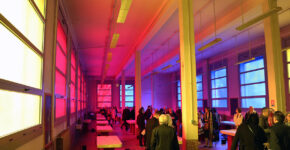
Camille Exhibition: Art Invites Itself into Medicine
Published on: March 22 , 2023
On the initiative of the student health association "Montpellier Artistic Project" (MAP)...

Jean-François Dubé, new director of CFA EnSupLR
Published on: March 20 , 2023
Jean-François DUBÉ, Professor at the University Institute of Technology (IUT) in Nîmes, has been the new... since Monday, March 20, 2023.

World Water Day: UM contributes to accelerating change
Published on: March 17 , 2023
Every year since March 22, 1993, World Water Day has raised awareness of the importance of...
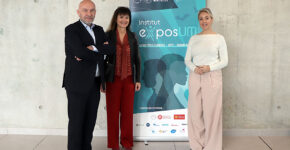
ExposUM Institute: “Creating a strong sense of community”
Published on: March 16 , 2023
Better identify and analyze external environmental factors that can affect health...

Open science: an opportunity to rethink scientific publishing?

Presentation of the Brennus Shield at the Faculty of Science
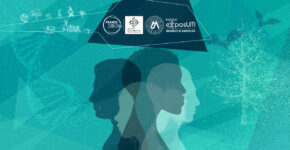
Call for proposals ExposUM FELLOWSHIPS 2023
Published on: March 15 , 2023
ExposUM is an initiative of the University of Montpellier and its partners aimed at...

François Pierrot, elected Vice President of International Relations
Published on: March 14 , 2023
On the recommendation of President Philippe Augé, François Pierrot was elected Vice President in...
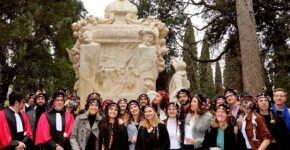
Live joyfully, live Rabelais!
Published on: March 10 , 2023
On Wednesday, March 8, students, doctors, staff, and friends of the University...

Science at UM [S02-ep17]: From the impact of menstrual products on women's health to BioWooEB
Published on: March 9 , 2023
This week in Science at UM, Ignacio Bravo, virologist at Mivegec, reveals a study...
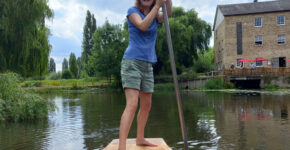
Alison Duncan: Competition and cooperation among parasites
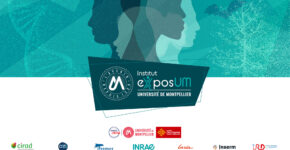
Official launch of the ExposUM Institute
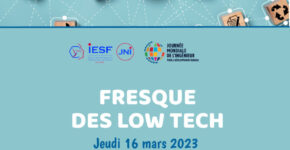
Low Tech Mural
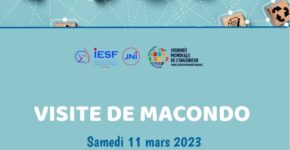
Festive visit to Macondo, a low-tech site on the outskirts of Montpellier

Call for projects Training 2023 ExposUM Doctoral Nexus Institute
Published on: March 1 , 2023
ExposUM is an initiative of the University of Montpellier and its partners aimed at...